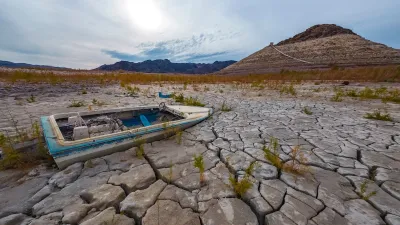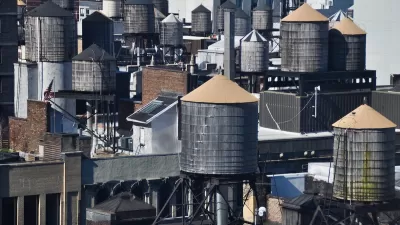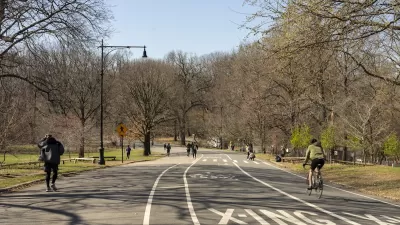As the World Water Forum convenes in Istanbul, two new reports warn that water shortages will elevate to a global crisis within the next two decades, creating a problem even bigger than the current economic crisis.
"The two reports – one by the world's foremost international economic forum and the other by 24 United Nations agencies – presage the opening tomorrow of the most important conference on the looming crisis for three years. The World Water Forum, which will be attended by 20,000 people in Istanbul, will hear stark warnings of how half the world's population will be affected by water shortages in just 20 years' time, with millions dying and increasing conflicts over dwindling resources."
"A report by the World Economic Forum, which runs the annual Davos meetings of the international business and financial elite, says that lack of water, will 'soon tear into various parts of the global economic system" and "start to emerge as a headline geopolitical issue'."
"It adds: 'The financial crisis gives us a stark warning of what can happen if known economic risks are left to fester. We are living in a water 'bubble' as unsustainable and fragile as that which precipitated the collapse in world financial markets. We are now on the verge of bankruptcy in many places with no way of paying the debt back.'"
FULL STORY: Water scarcity 'now bigger threat than financial crisis'

Trump Administration Could Effectively End Housing Voucher Program
Federal officials are eyeing major cuts to the Section 8 program that helps millions of low-income households pay rent.

Planetizen Federal Action Tracker
A weekly monitor of how Trump’s orders and actions are impacting planners and planning in America.

Ken Jennings Launches Transit Web Series
The Jeopardy champ wants you to ride public transit.

California Invests Additional $5M in Electric School Buses
The state wants to electrify all of its school bus fleets by 2035.

Austin Launches $2M Homelessness Prevention Fund
A new grant program from the city’s Homeless Strategy Office will fund rental assistance and supportive services.

Alabama School Forestry Initiative Brings Trees to Schoolyards
Trees can improve physical and mental health for students and commnity members.
Urban Design for Planners 1: Software Tools
This six-course series explores essential urban design concepts using open source software and equips planners with the tools they need to participate fully in the urban design process.
Planning for Universal Design
Learn the tools for implementing Universal Design in planning regulations.
Ada County Highway District
Clanton & Associates, Inc.
Jessamine County Fiscal Court
Institute for Housing and Urban Development Studies (IHS)
City of Grandview
Harvard GSD Executive Education
Toledo-Lucas County Plan Commissions
Salt Lake City
NYU Wagner Graduate School of Public Service





























